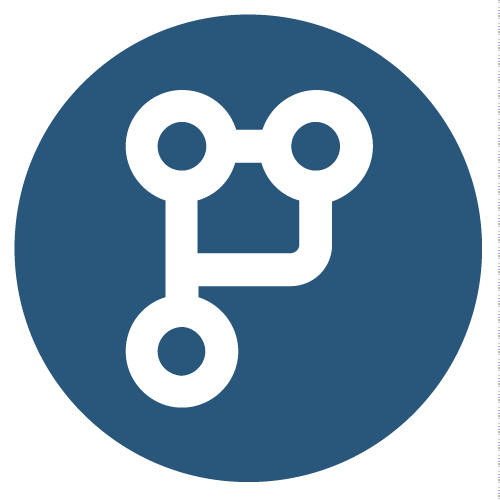
In the realm of PHP development, managing date and time effectively is crucial. A common approach has been using the Carbon library, a superb extension of PHP’s DateTime class. However, there’s a rising star in this arena – CarbonImmutable. It’s time to dive into why CarbonImmutable is increasingly becoming the preferred choice over its mutable counterpart, Carbon, for robust and reliable date and time management in PHP.
Understanding Immutability: The Core of CarbonImmutable
Before delving into the specifics, let’s grasp the concept of immutability. In programming, an immutable object is one whose state cannot be modified after it’s created. This contrasts with mutable objects, which can be altered even after creation.
Why does this matter? In the context of date and time management, immutability offers a layer of predictability and safety, reducing the risk of unintended side effects. This is where CarbonImmutable shines, ensuring that every modification returns a new instance, leaving the original date and time unaltered.
The Pitfalls of Mutability in Carbon
To appreciate the advantages of CarbonImmutable, consider a scenario using Carbon:
$originalDate = Carbon::parse("2023-12-18");
$modifiedDate = $originalDate->addDays(7);
echo $originalDate; // This outputs the date 7 days in the future, not the original date!
Output:
2023-12-25 00:00:00
Here, addDays mutates the original $originalDate object. Such behavior can lead to bugs, especially in large codebases where tracking changes to a mutable object becomes complex. The alternative is to alway call ->copy() to create a copy of the Carbon instance, but this requires the developer to remember to do so every single time.
CarbonImmutable: Predictability in Practice
Switching to CarbonImmutable, the same operation yields a different result:
$originalDate = CarbonImmutable::parse("2023-12-18");
$modifiedDate = $originalDate->addDays(7);
echo $originalDate; // This correctly outputs the original date.
Output:
2023-12-18 00:00:00
With CarbonImmutable, $originalDate remains untouched, and $modifiedDate is a new instance, reflecting the date 7 days ahead. This predictability is a game-changer as it leads to fewer bugs being injected due to negligence.
Code Clarity and Maintenance
CarbonImmutable enhances code clarity. When you see a CarbonImmutable instance, you immediately know it won’t change throughout its lifecycle. This clarity significantly simplifies debugging and maintenance, as developers can trace back the history of an object without worrying about unexpected mutations.
Integrating CarbonImmutable in Legacy Code
For existing projects using Carbon, the shift to CarbonImmutable might seem daunting. However, the transition can be smooth. Both Carbon and CarbonImmutable share the same API, making it easier to switch. A gradual approach, module by module, can mitigate risks and ease the learning curve.
Conclusion: Embracing the Immutable Future
The shift from Carbon to CarbonImmutable in PHP symbolizes a broader move towards more reliable and maintainable coding practices. The predictability, clarity, and safety offered by immutability make CarbonImmutable an indispensable tool for modern PHP development.
For further exploration and documentation, visit the official Carbon documentation. As you incorporate CarbonImmutable into your PHP projects, you’ll appreciate the peace of mind and code stability it brings to your date and time management.
